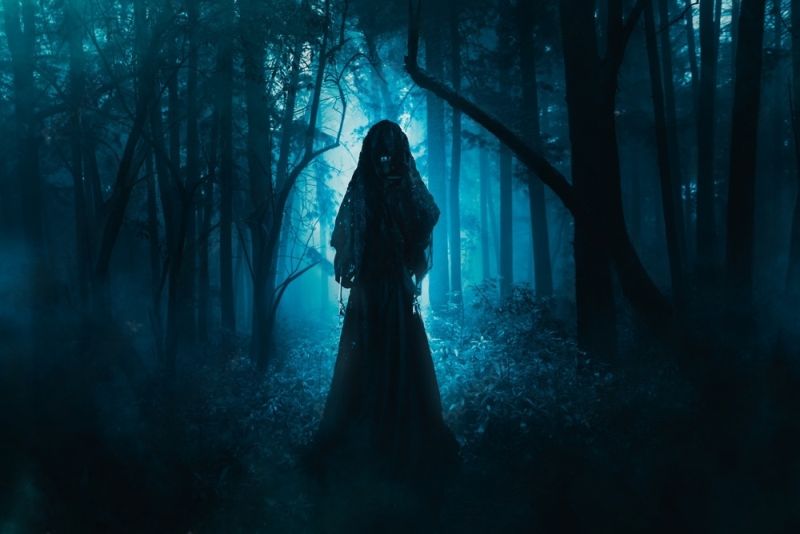
Demons 2023 - A Deep Insight into the World of Dark Spirits
In this article, we will tackle a fascinating but often misunderstood subject: demons.
These dark spirit entities have played a significant role in many cultures and belief systems across the globe. Our goal is to provide you with comprehensive and easily understandable knowledge about demons, all while steering clear of becoming too academic. Let's now delve into these intriguing creatures and their role in the spiritual realm.

What are Demons?
Demons are spiritual entities often perceived as malevolent or harmful. They are mentioned in numerous religions and spiritual traditions, from the ancient religions of the Near East to modern belief systems. Demons are commonly associated with darkness, destruction, and negative energies, often playing central roles in myths and legends.
Demons in Different Cultures
Belief in demons is widespread in many cultures and spiritual traditions around the globe. Here are a few examples of how demons are portrayed in various cultures:
- In Christian tradition, demons are often regarded as fallen angels who rebelled against God and seek to tempt humans into sin.
- In Islamic tradition, demons, also known as Jinn, are described as creatures made of smokeless fire, who can be either good or evil.
- In Hindu tradition, demons, also known as Asuras, are often portrayed as powerful beings in constant conflict with the gods.
- In Buddhist tradition, demons are often seen as manifestations of human passions and desires that lead to ignorance and suffering.
Types of Demons
There are many different types of demons found across various cultures and traditions.
Here are some of the most well-known types of demons:

Devils and Satans
Devils and Satans are arguably the most well-known types of demons. They are often seen as the embodiment of evil and sin and play a central role in the Christian tradition. The devil is often portrayed as the leader of the fallen angels, while Satan is frequently viewed as a tempter and seducer of humans.
Jinn
Jinn are demons in the Islamic tradition. They are described as powerful beings made of smokeless fire, capable of being either good or evil. Jinn have free will, thus they can act benevolently or malevolently. Some Jinn may aid humans, while others attempt to harm or tempt them.
Asuras
Asuras are demons in the Hindu tradition. They are powerful beings often in conflict with the gods. Although they are frequently depicted as hostile and destructive, Asuras can also be virtuous and god-fearing.
Oni
Oni are demons in Japanese folklore. They are often portrayed as terrifying and violent creatures that bring misfortune and destruction. However, Oni can also serve as protectors and are sometimes worshipped in temples and shrines.

Demons and Exorcism
Exorcism is a religious or spiritual practice aimed at driving out demons or other evil spirits from a person or a place. This practice is prevalent in many religions and belief systems, including Christianity, Islam, and Hinduism.
How Does Exorcism Work?
While the exact methods and rituals of exorcism can vary from culture to culture, there are some common elements. An exorcism often involves prayers, incantations, and the use of sacred symbols or objects to expel the demon. In some cases, the exorcist may also use special techniques or rituals to communicate with the demon and convince it to leave the body or place.
Conclusion
Demons are fascinating and often misunderstood entities that play a central role in many cultures and belief systems. While they are frequently depicted as dark and evil, demons are also complex and layered, and their true nature can extend far beyond these simple stereotypes. By engaging with the knowledge and understanding of demons, we can gain a deeper insight into the spiritual world and the dark and mysterious forces that inhabit it.

